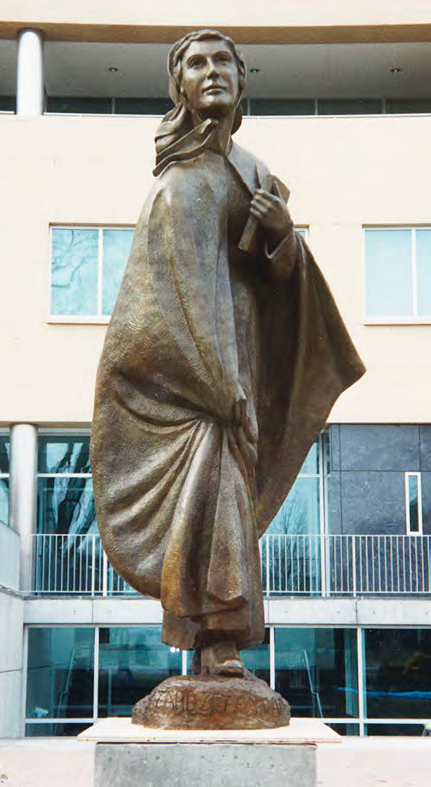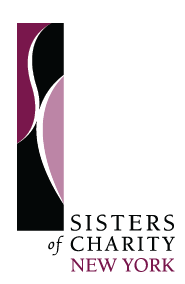
Hazard Yet Forward by Margaret Beaudette, SC, at Seton Hall University, South Orange, N.J.
The following is from the Winter 2021 issue of Vision.
How is it that anyone can say, “I am a citizen of the world”? In her correspondence with Rev. Simon Bruté in 1817, Elizabeth Seton shared her heart’s deep sentiments as she prepared to send Sr. Rose to her beloved City of New York. Lest she be considered preferential in choosing ministry sites for the sisters, Elizabeth noted that “although others might not be aware, I am a citizen of the world.”
As a native New Yorker and daughter of the Physician of the Port of New York, Elizabeth was certainly sensitized to the neediness and the hopes of the numerous indigent immigrants arriving in New York from all over the world.
When Elizabeth married William Seton, she joined the family of an overseas shipping company. Hence, Elizabeth continued to broaden her perspective and awareness of different races and cultures.
Elizabeth’s only journey outside the United States took place when she and her daughter Anna accompanied William to Italy in what turned out to be his journey unto death. The cold, damp, inhospitable lazaretto where they were quarantined was the place where William’s soul “took flight.”
During the four months in Italy, while awaiting passage back to New York, the grieving Elizabeth and her daughter were immersed in the rich culture of the Filicchi family. Language, food and faith were invitations to feeling at home as a global citizen in Italy. Global citizenship presupposes strong interconnectedness at the deep level of culture and spirituality.
During the past decade, and before Covid-19, American colleges and universities have enabled students to spend time abroad. Educators recognize that learning to respect and value diversity and work for the betterment of others are invaluable life experiences. Travel offers students the opportunity to foster language facility, cultural awareness and enduring friendships. During her lifetime, Elizabeth wrote to friends outside the United States. Today, students would use social media to stay connected.
Charism is a special grace from God that can change and adapt according to circumstances and perdure over time and spatial distance. The Charism of Charity has accompanied us as a Congregation through our relationship with the people of the Bahamas, Vietnam, Peru, Chile and, currently, Guatemala. Sisters were missioned to each of these areas, and they went with the inspiration and the support of charism. These sisters were often wonderfully surprised because they encountered the Charism of Charity in new and different cultural settings. The legacy of Elizabeth Seton helps us understand that the fullness of charity invites us to be Citizens of the World.
Currently, Sisters Rosenda and Rosita are two Guatemalan Sisters of Charity in final profession, and Sisters Manuela and Margarita are Sisters of Charity in temporary profession. Sisters Gloria De Arteaga, Virginia Searing and Nora Cunningham have each served in Guatemala for many years. Although Covid-19 has limited their activities, the House of Formation in Quiché continues to actively assist young women who are discerning their vocation. The Associate Program is flourishing as dedicated men and women seek membership. The Barbara Ford Peacebuilding Center is revamping its work to serve the people in these difficult times.
Over the years, many sisters, associates, companions, and friends from the states have visited Guatemala. Their time spent there can be summed up in the phrase, “The experience was a life changer!” Indeed, it was a unique opportunity to experience being a citizen of the world.
Yet travel is not the only way to view our world when we may be restricted by the pandemic or physical or economic limitations. Could it be that the media is bringing us the message of Christ calling out for attention in our world? It may well be that the media is inviting us to listen carefully to the cries of the poor and possibly refocus our prayers and lifestyles to meet some of those needs.
Elizabeth Seton had an expansive, compassionate heart along with an openness of mind that qualified her as a citizen of the world. This is our legacy of Charity.
By Sheila Brosnan, SC
